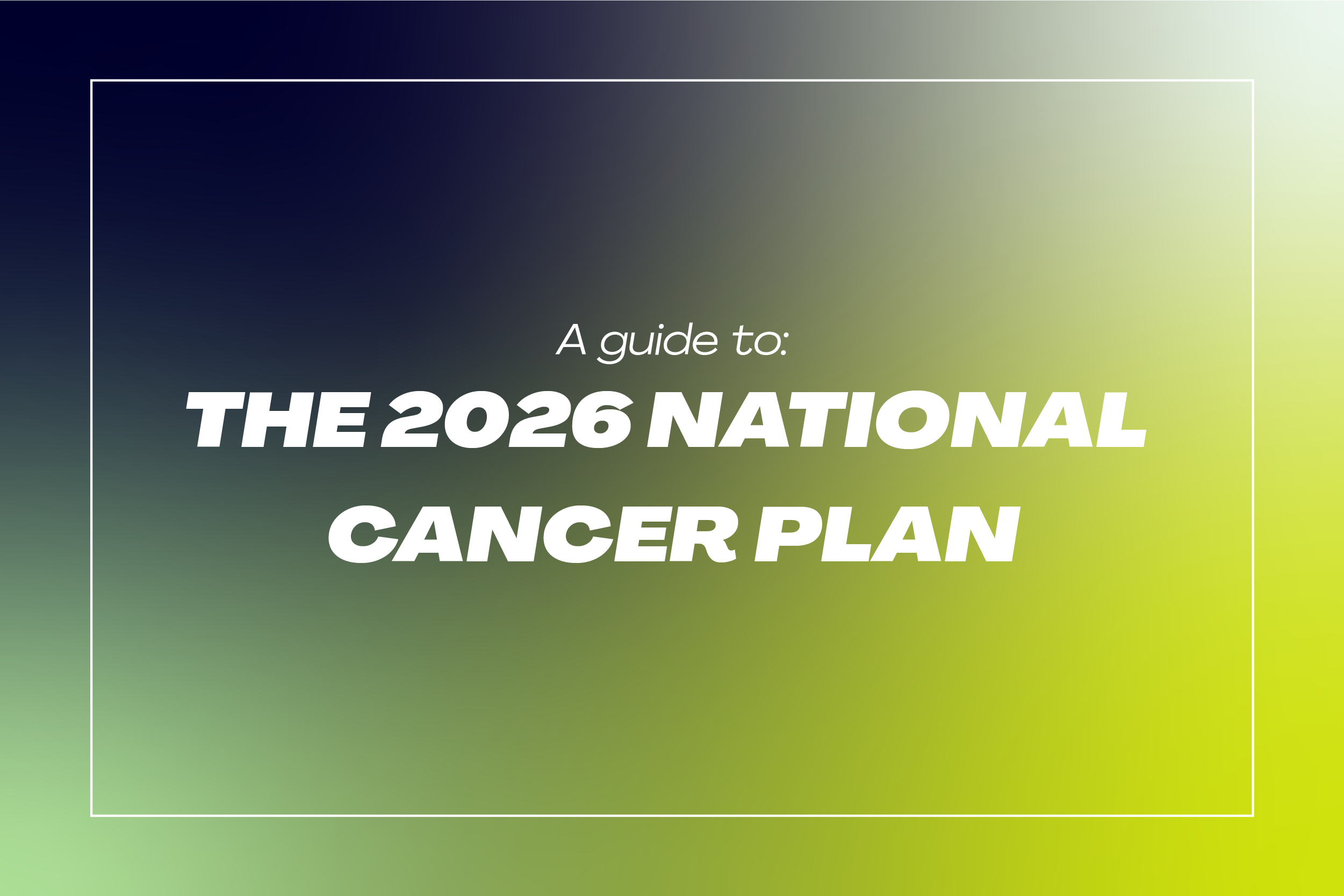12-18 June is Men’s Health Week in the UK. It’s held every year to raise awareness about the different health concerns men face as well as promote actions for improving their well-being, both physically and mentally.
Changing the dialogue on men’s health
The UK has seen a major shift in recent years over the stigma that exists around men’s health. In the past, men have often been expected to appear strong, unemotional, and dependable, which has had a knock-on effect on how they communicate problems about their mental and physical health.
However, more recently, multiple campaigns have been created to encourage men to talk openly and honestly about how and what they feel, promoting the narrative that masculinity is in no way compromised by vulnerability. It’s essential that we as a society continue this critical dialogue to help abolish the idea that men must suffer in silence, particularly as men are at greater risk of certain health concerns than women.
So, what are the risks for men?
Data from the 2019 Health Survey for England showed that 68% of men in the UK are overweight or obese. It also showed that UK men are more likely to smoke than women and are twice as likely to be admitted to hospital for a condition related to alcohol.
Further studies from NHS England showed that 59% of patients admitted to hospital with a primary heart disease diagnosis were men, with a total of 48,744 men dying from heart disease in 2020 in England and Wales.
Heart disease continues to be one of the UK’s major causes of death. According to a study from the Central South University in China, more than two-thirds of heart disease-related deaths could be prevented with a healthier diet and lifestyle.
But of course, men’s health is more than just physical. We’ve only just scratched the surface of the importance of a healthy mind as well as a healthy body, and we’re seeing more and more research being published on the decrease in our population’s mental health. Much of this comes down to financial pressures, societal pressures (such as social media), the fallout from the recent COVID-19 pandemic, unhealthy diets, lack of exercise, and (an unfortunate side-effect of living in the UK) a lack of sun.
Recent findings from Samaritans showed that 74% of all UK suicides involve men, and the suicide rate in men is three times higher than in women. Men aged 45-64 have the highest suicide rate, and suicide is the second highest cause of death in young males aged 1-19.
What can you do to support Men’s Health Week?
Supporting Men’s Health Week can come in lots of different forms, but here are a few ways you can make a difference:
1. Have an open conversation about men’s health with someone you know
Father’s Day in the UK typically falls around the same time as Men’s Health Week, which makes it a fantastic time to check in on your dads, brothers, sons, uncles, grandpas, step-dads, and father figures.
It’s equally important to check in on your male friends, who may need to chat about their mental health or a physical concern.
Remember to avoid offering unsolicited advice (e.g. ‘You should try…’, ‘My friend did this…’, ‘I think you should…’). Instead, listen to what your friend or family member is saying and offer compassion, empathy, and reassurance (e.g. ‘I’m sorry you’re going through this’, ‘I’m here for you’, ‘I understand’). You can also point them in the direction of professional help and support, like Doctors and men’s health charities.
2. Support a men’s health charity
Charities like The Blue Ribbon Foundation and ManUp are dedicated to providing men with support and guidance on health matters. You can also donate or volunteer for charities like Samaritans or Mind, which fund research on men’s mental health and suicide prevention.
Annual campaigns like Movember are also an effective yet fun way to raise money and create awareness of the disparities in men’s health outcomes.
3. Call out toxic language or behaviour
When you’re around a group of mates having a laugh, it can be daunting to speak up against toxic conversations and actions. However, what starts out as ‘friendly banter’ for some can escalate in the minds of others and cause them to hide their true feelings.
Toxic language can include stereotyped terminology such as ‘grow a pair’, ‘man up’, ‘hand over your man card’, ‘don’t be such a girl’, and so on. Toxic behaviour might include laughing at a friend for expressing themselves, changing the conversation when someone wants to talk about their mental or physical health, or ‘ghosting’ someone who has opened up about their personal issues.
If you notice someone displaying this type of behaviour, make it known that it’s unacceptable. This doesn’t need to be a public berating, of course. There are many gentler approaches you can take. For example, if the topic of mental/physical health has been shut down by a member of your party, try steering the conversation back towards it again, and speak directly to the initiator. You could also find a quiet, private moment to have a polite word with the person demonstrating toxic behaviour. Have an open and honest chat with them about the impacts of their words or actions. Chances are, they won’t know they’re doing it and will appreciate your honest feedback.
4. Tell your mates when something is wrong
If you’re feeling comfortable, share with your mates that you’ve been for a health check-up. It might just encourage them to do the same.
Studies show that men are far less likely to get regular check-ups, especially when it comes to prostate screening, which is recommended every couple of years from the age of 50.
5. Share this blog on your social feed
You can help raise awareness of Men’s Health Week by putting a link to this blog on your own social feeds.
If you’ve enjoyed reading this article, here are some others you might like:
Let’s talk about mental health: Let's Talk About Mental Health
One health check a day will help you in the long run: One Health Check a Day
Why I dislike the label ‘male nurse’: Why I Dislike My Label Male Nurse










